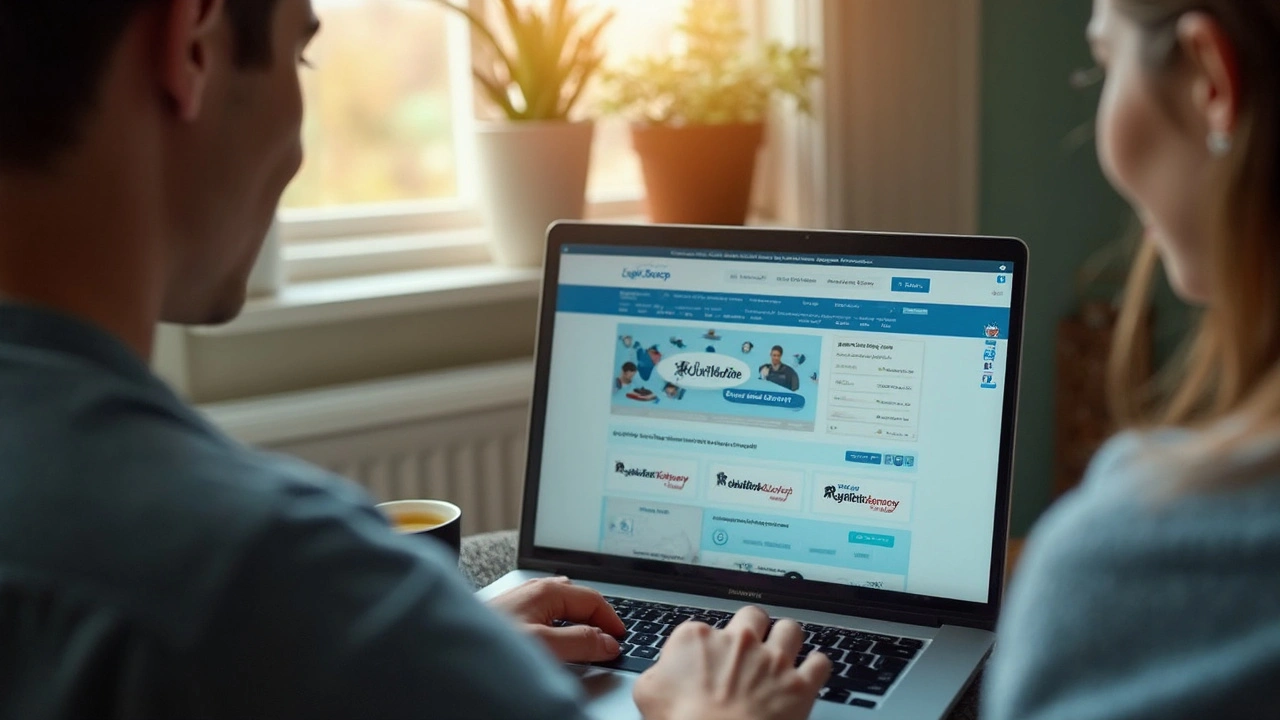Buying medications online can be convenient, but it comes with risks if you don’t know how to choose a safe pharmacy. Fake websites and counterfeit drugs are real dangers. So, how do you stay safe? First, check if the online pharmacy requires a valid prescription; if they don’t, it's a big red flag. Legitimate pharmacies will always ask for one.
Next, look for clear contact information. A legit pharmacy will provide a phone number and address. If you can’t find these, skip that site. Also, search for reviews or ratings from real customers. Watch out for overly positive or suspiciously generic reviews—they might be fake. It’s smart to compare prices too. If something is way cheaper than everywhere else, it might be a scam or poor-quality medicine.
One easy way to verify safety is by checking if the pharmacy is licensed by official boards or regulatory agencies. In many countries, approved pharmacies will be listed on government or health authority websites. You can also look for seals of approval, but be careful—some fake sites use images of seals without authorization.
Another tip—avoid pharmacies that offer to prescribe medications without a doctor’s consultation. This can lead to receiving the wrong medicine or harmful effects. Always keep your personal and payment information secure; use sites with HTTPS in the URL and reputable payment methods.
Once you’ve ordered, check the packaging carefully when the medicine arrives. It should look professional, include leaflet information, and have no signs of tampering. If anything seems off, don’t use the product and contact the seller or your healthcare provider.
Finally, talk to your doctor about any new medicine you get online. They can confirm if it’s right for you and watch for side effects. Shopping online can be safe if you stay informed and cautious. When in doubt, trust your gut and don’t hesitate to walk away from suspicious offers.
